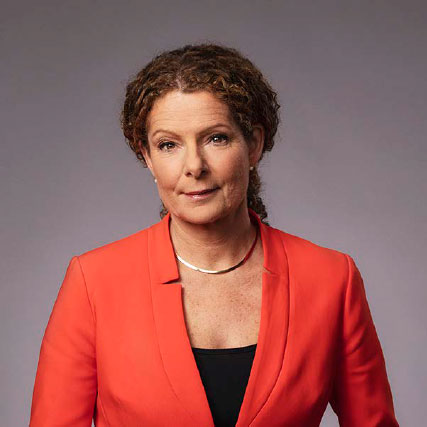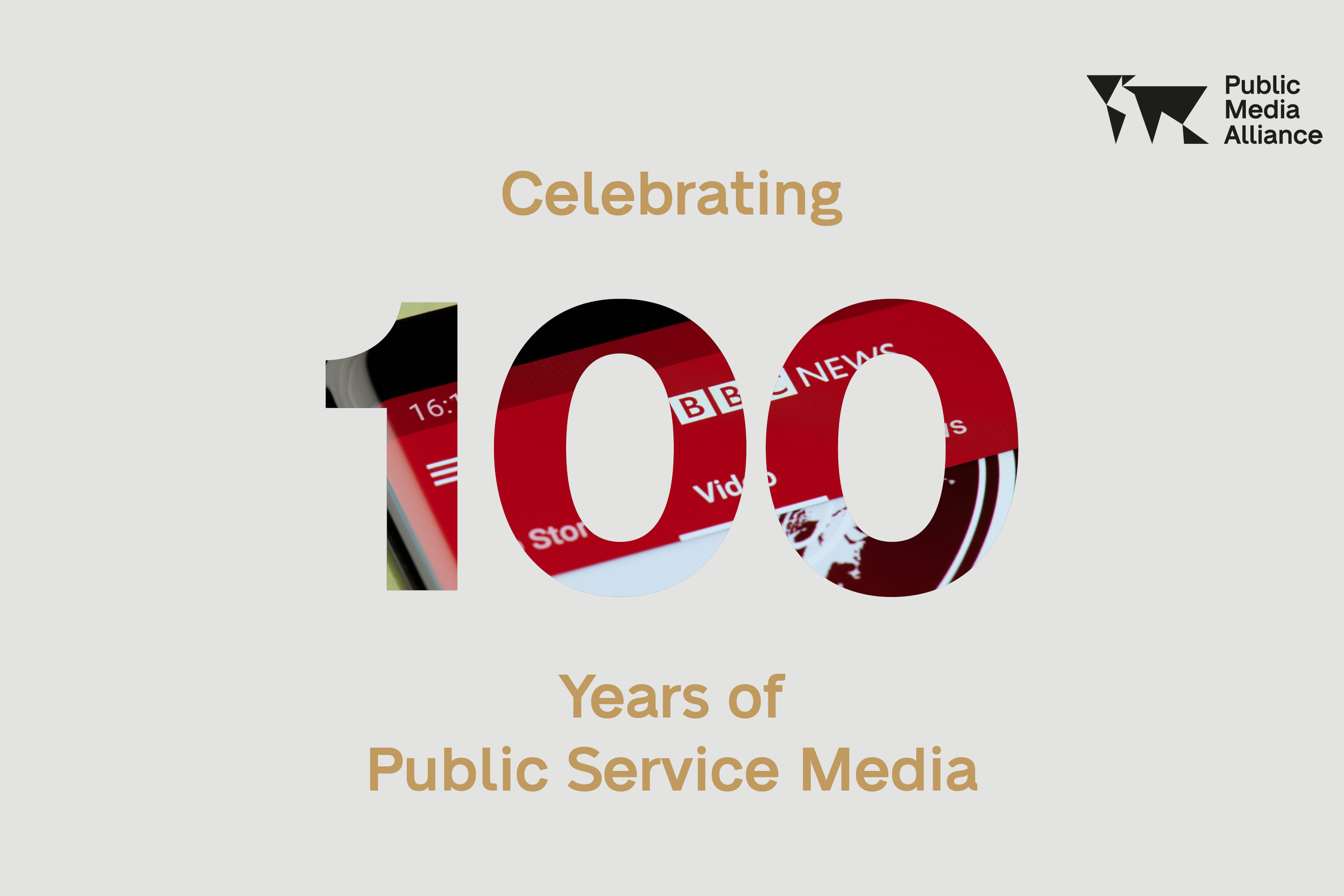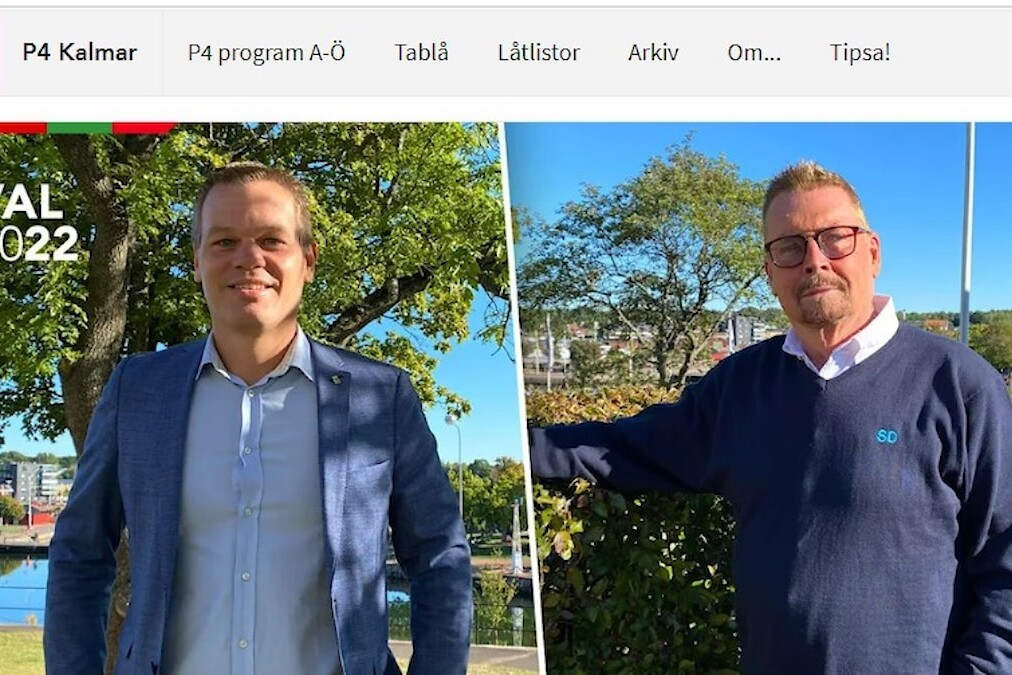INSIGHT
This is how public service media should be strengthened
19th October 2022
With a new government in place and a new Minister of Culture appointed, the Director-General of Swedish Radio, Cilla Benkö, points to several important parts for the upcoming public service investigation ahead of the next permit period 2026-2033.

This piece was originally published on Dagens Nyheter and is republished with permission.
By Cilla Benkö, Director General of Swedish Radio.
Today, Sweden gets a new government and the ministerial positions are announced. One of the first areas a new culture minister will make their mark on are the directives for a new public service investigation. The upcoming investigation will form the foundations for how radio and television in the public service should look like during the upcoming license period 2026-2033.
The starting position is extremely good. Swedish public service has never had such a large and loyal audience, even though the competition for the audience’s time in an increasingly global and digital market has never been greater. Trust in us is very high and stable over time. The fact is that trust in Swedish Radio barely budged throughout the 2000s.
Read more: Sweden: Implications for public media after election
In order for Swedish Radio to be able to continue to develop and play the absolutely central role for Swedish democracy that we have done for almost a hundred years, it is important that a new public service investigation ensures that Swedish Radio gets:
- A mission for the entire Swedish people and not just for certain groups.
- A strengthened independence.
- Financial prerequisites for the company to be able to drive development in Swedish audio journalism in the long term. Swedish Radio currently spends 85 percent of its funding on news, current events, music, culture and traffic and broadcasts 240 hours of local radio every weekday.
- A civil defence and preparedness mission that is formulated so that independence cannot be questioned.
- A technology-neutral mission that secures the public’s access to socially important information digitally. Everyone who participates and pays for public service has the right to share in what they pay for.
In recent months, the security policy climate has deteriorated significantly. Swedish Radio plays a unique role in Swedish media with its preparedness mission and its ability to reach out with news and information when the electricity does not work and other media have gone silent. Both during the pandemic and during the Russian attack on Ukraine, we have seen how the audience flocked to Swedish Radio.
Access to independent and unbiased information has never been as important as today. Disinformation and influence campaigns from various state actors play an increasingly central role in the hybrid warfare that has become an integral part of today’s conflicts. There, Swedish Radio plays an important role in reducing vulnerability. Via the Nordic region’s largest network of foreign correspondents and unique local presence, we can connect the local with the global.
Swedish public service has never had such a large and loyal audience, even though the competition for the audience’s time in an increasingly global and digital market has never been greater.
The media area is large, rapidly changing and sometimes difficult to manage. Even better, there is a lot of Swedish and international research and facts to have as a starting point when the future of public service is to be discussed. The research is unequivocal regarding the role that public service plays for democracy. In the solid overview of knowledge that Nordicom at the University of Gothenburg published this summer, a very simple conclusion is made: “When it comes to public service, the overall picture that existing, empirical research provides is unusually clear: Regardless of whether it is about citizens’ political participation, knowledge, commitment or interest, the same picture is repeated – enduring and well-functioning democracies are protected by independent and strong public service media.”
In the Tidö agreement that was presented last Friday , it is stated that public service must be developed, and that is excellent. A guide to how it should be interpreted was given on Monday when the Liberal party leader Johan Pehrson stated in P1 Morgon that the Tidö agreement contains “several points that are very, very good”. Pehrson exemplified it, among other things, by saying, “It’s about strengthening public service.” It is a significant finding that the parties agree that the Tidö agreement is about strengthening public services. The trend in many countries in Europe otherwise goes in the exact opposite direction, where reduced funding and increased political control have become commonplace. It is therefore excellent that the incoming government has now so clearly stated that the reforms that await are about strengthening the public service.

About the author
Cilla Benkö is the Director-General of Swedish Radio, and a board member of the Public Media Alliance.
Our thanks to Ms. Benkö for providing this report. It was originally published on Dagens Nyheter.
Related Posts
18th October 2022
100 Years of PSM: Messages from PMA’s members & supporters
Watch and read messages from PMA's…
29th September 2022
Sweden: Implications for public media after election
Elections in Sweden have seen gains for…
10th September 2022
Swedish Radio covers 310 local elections across the country
With Swedish elections taking place on…
2nd November 2021
Cilla Benkö: Toxic for society when crime goes unpunished
In nine cases out of ten, around the…



